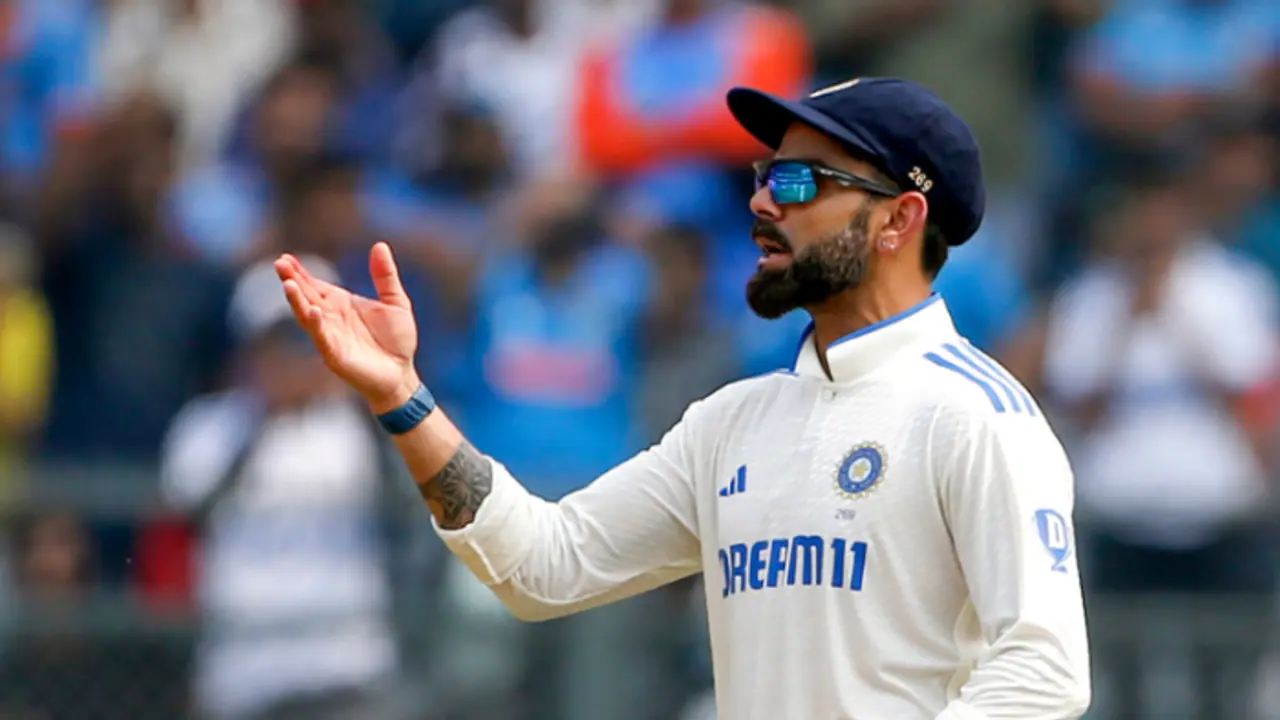Virat Kohli's sudden retirement from Test cricket stunned the world. His decision was influenced by a desire for a new challenge and reportedly stifled under current management.
Virat Kohli's shocking retirement from Test cricket on Monday has left the cricket fraternity stunned. The decision, though surprising to many, was reportedly made by Kohli a while ago. With the new World Test Championship cycle kicking in, Kohli felt the need for change, both personally and for the team, to break free from their recent slump.

Kohli's desire for a new challenge led him to consider returning to the captaincy role, which would have allowed him to anchor the team during this transitional phase. However, the Board of Control for Cricket in India (BCCI) had other plans. According to reports, Kohli was informed that the captaincy would be handed over to a younger player, prompting him to quit Test cricket.
The 36-year-old cricketer sought a fresh challenge for self-discovery and resurgence but felt he was not given freedom under the current management. He reportedly didn't receive the freedom and environment he desired, which was vastly different from the previous dressing room atmosphere.
Kohli's decision was also influenced by his poor run of form with the bat over the past three years, averaging only 32 runs. Without a new challenge, he saw no reason to continue playing Test cricket.
Before making his final decision, Kohli consulted with Ravi Shastri, the former Indian team head coach and a close friend. He also spoke with former BCCI secretary Jay Shah, although the extent of their conversation is unknown. A meeting with Rajeev Shukla, a prominent figure on the board, was planned but couldn't take place due to the Indo-Pak political scenario. Kohli also had multiple conversations with BCCI chief selector Ajit Agarkar, but none of these discussions changed his mind about retiring from the red-ball format.
Interestingly, if the BCCI had delayed the transition process until after the England series, both Kohli and Rohit Sharma might have continued playing and bid farewell together after the five-match series. However, the board wanted to begin the new cycle with a clear game plan, leading to Kohli's premature retirement.


